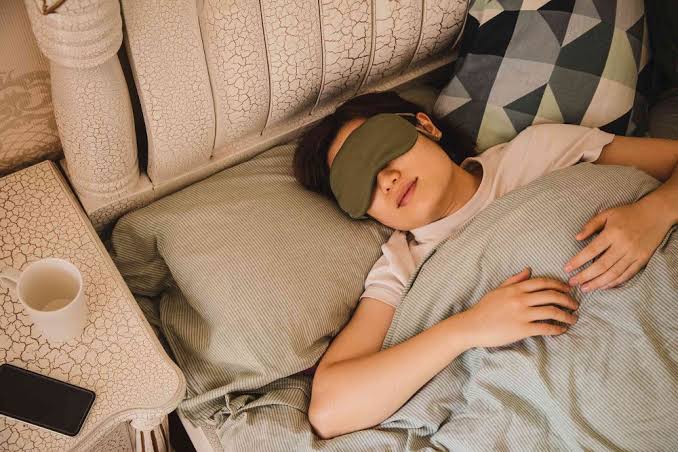Researchers at the Wenzhou Medical University in China have discovered that changes in sleep patterns as we age are associated with lower odds of successful ageing.
The study is published in BMC Public Health, researchers. Successful ageing, as defined in the study, encompasses the absence of major chronic diseases, absence of physical impairments, high cognitive function, good mental health, and active engagement with life, demonstrated by participa tion in social activities.
“The study,”analysed 3,306 participants who were free of major chronic diseases at baseline in 2011 and had reached age 60 or older by 2020.
Sleep duration was assessed in 2011, 2013, and 2015 by combining night – time sleep and daytime naps to calculate total daily sleep hours.
The researchers identified five distinct sleep duration trajectories over the nine-year period: normalstable (26.1 BB per cent of participants), long-stable (26.7 per cent), decreasing (7.3 per cent), increasing (13.7 per cent), and shortstable (26.2 per cent).
Participants with increasing and short stable sleep trajectories exhibited significantly lower odds of successful ageing, with adjusted odds ratios of 0.64 and 0.48, respectively.















